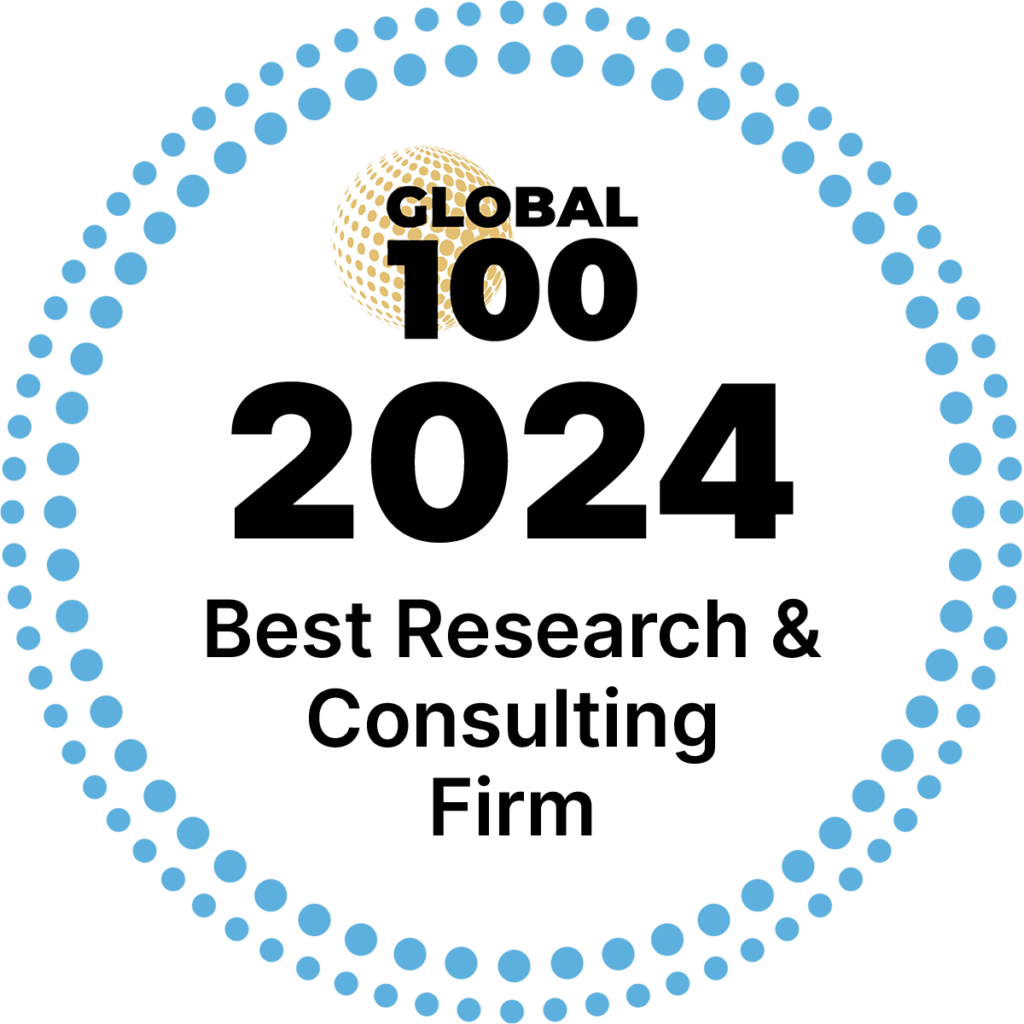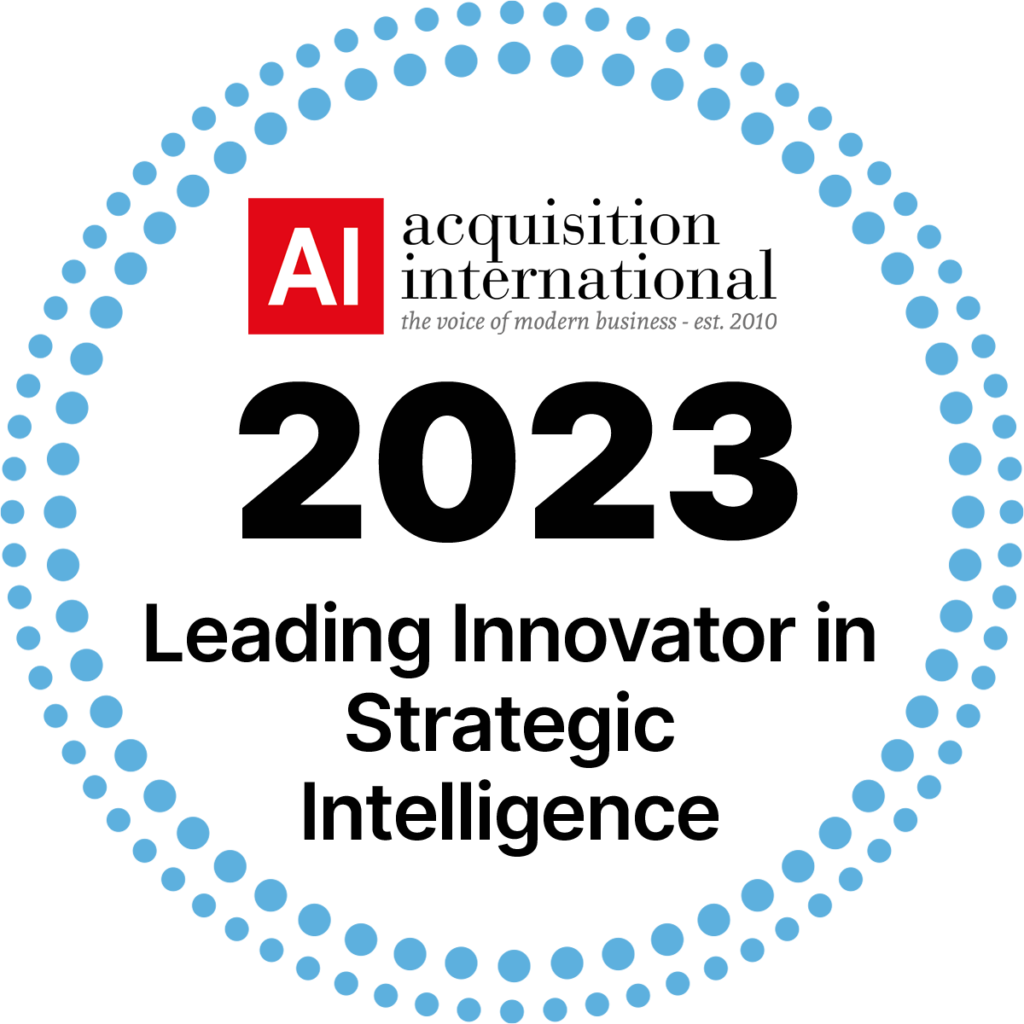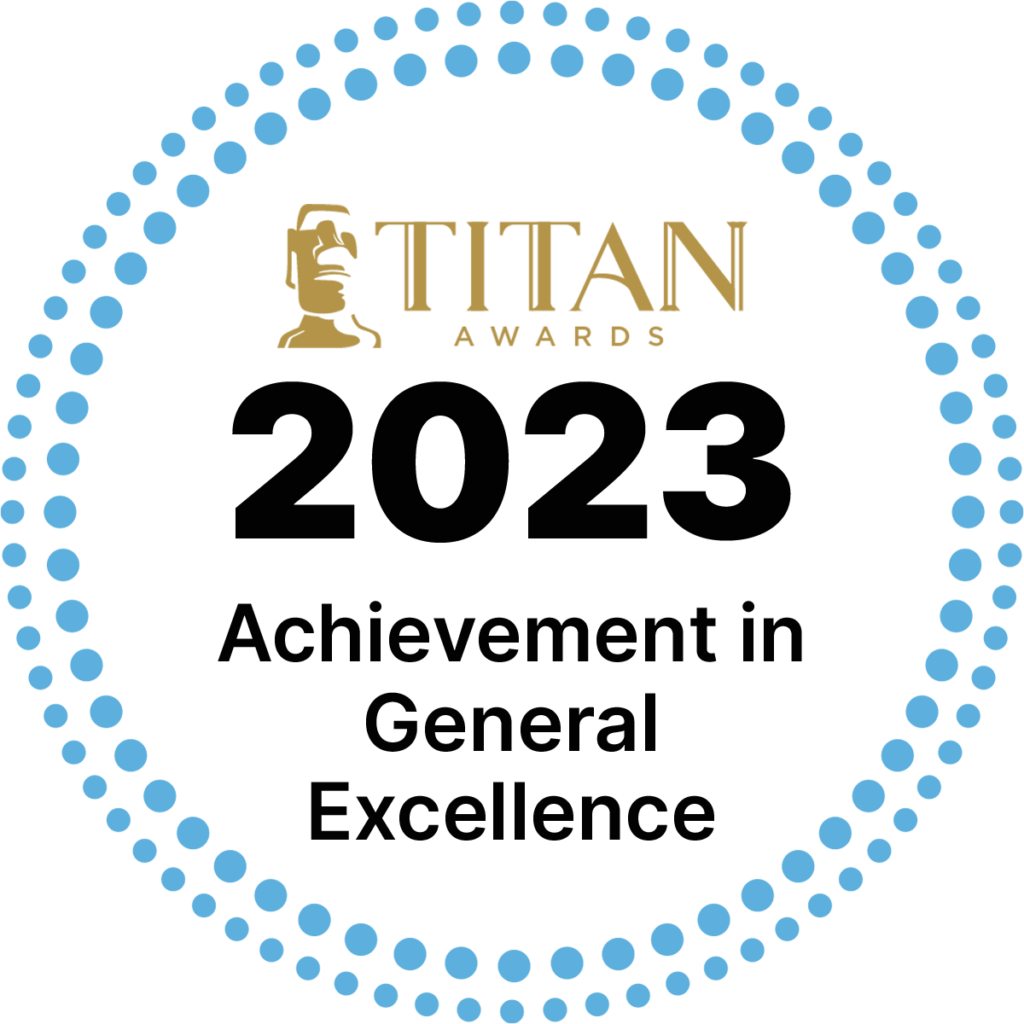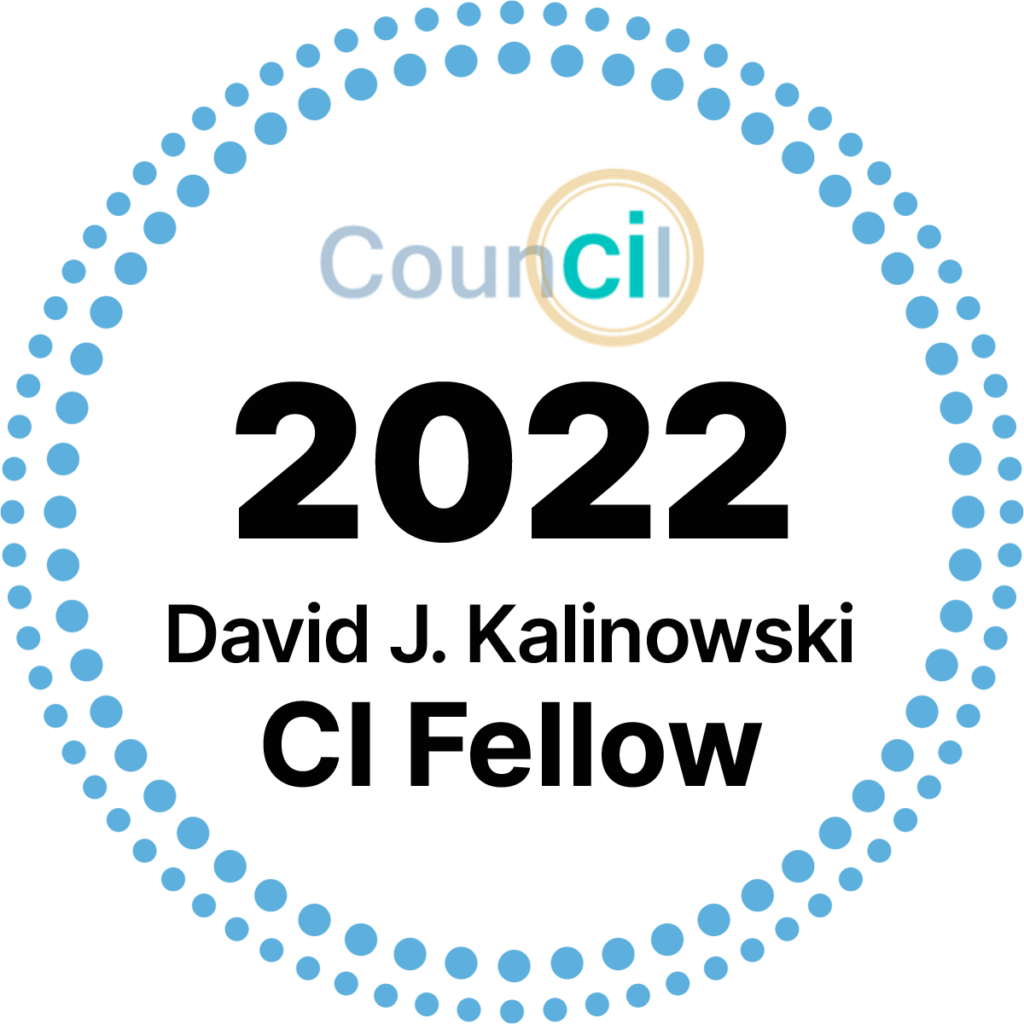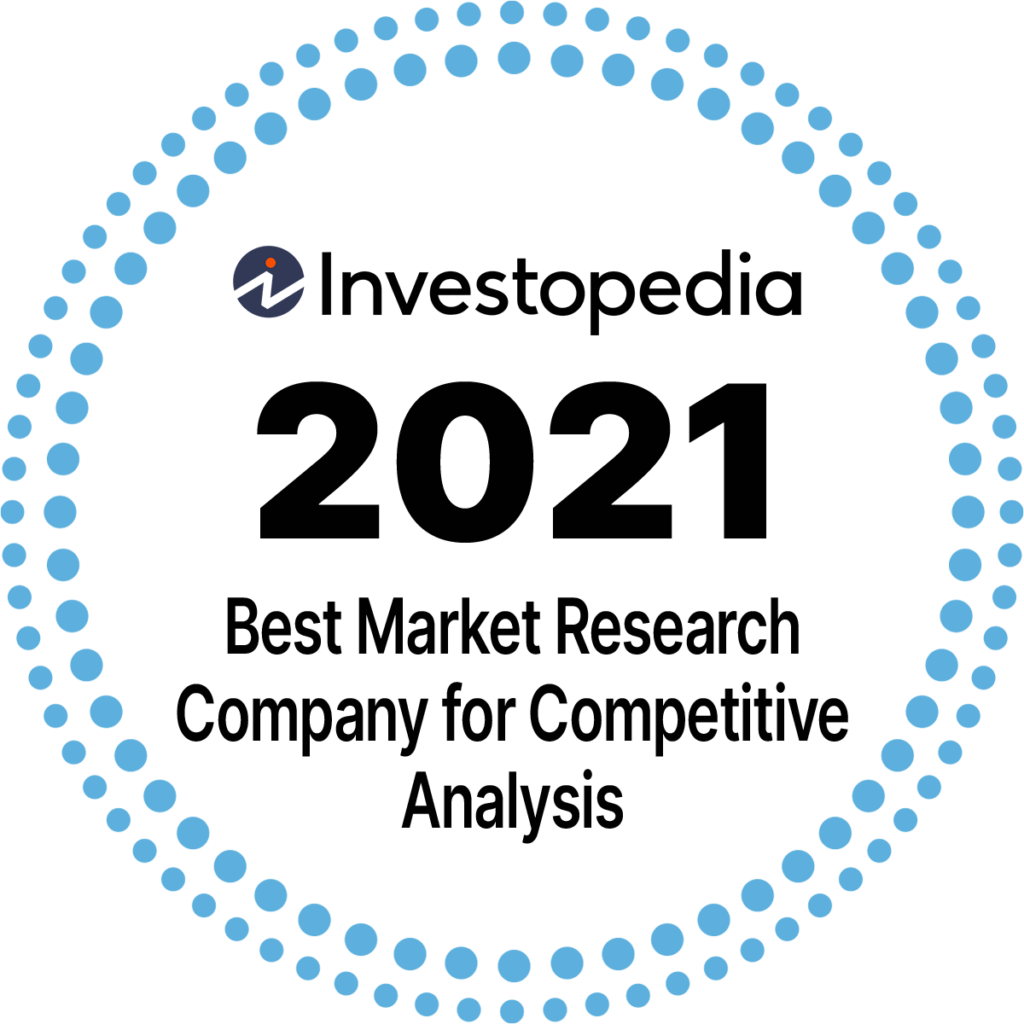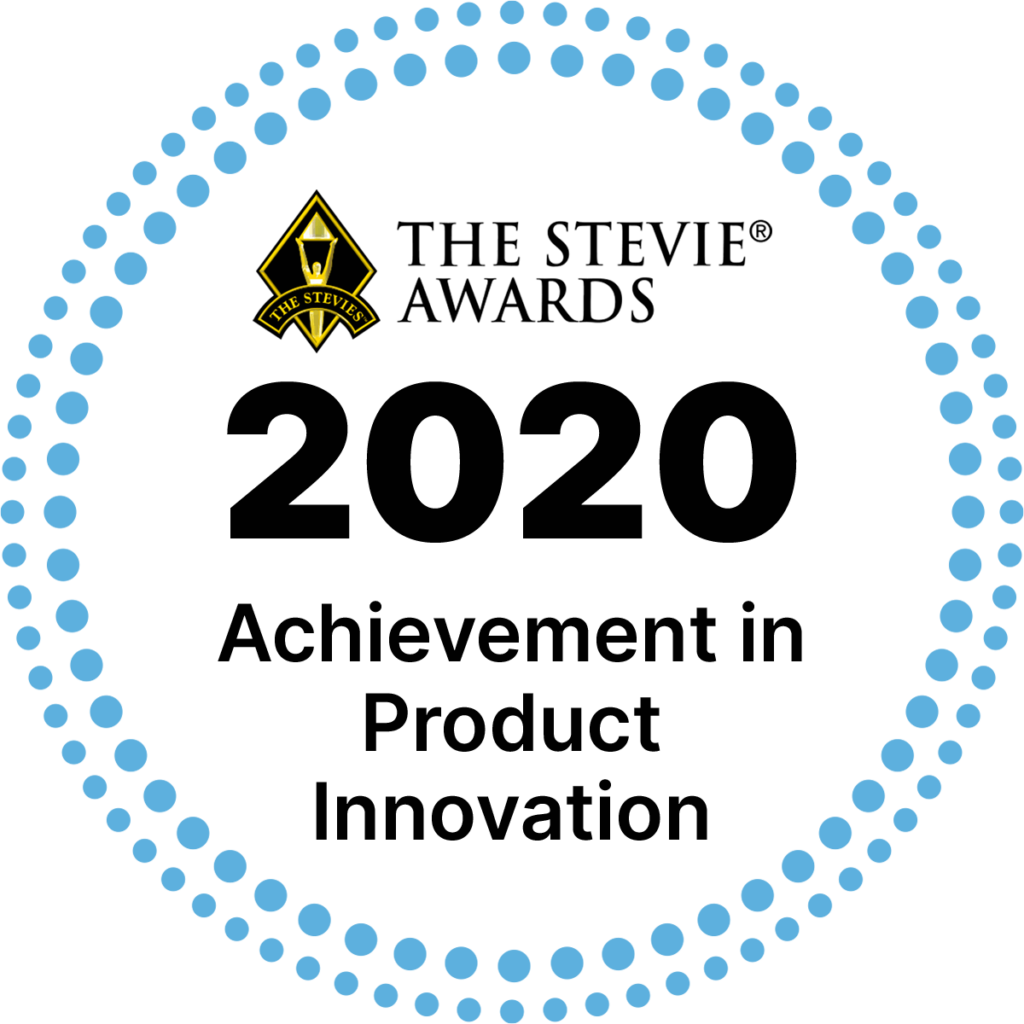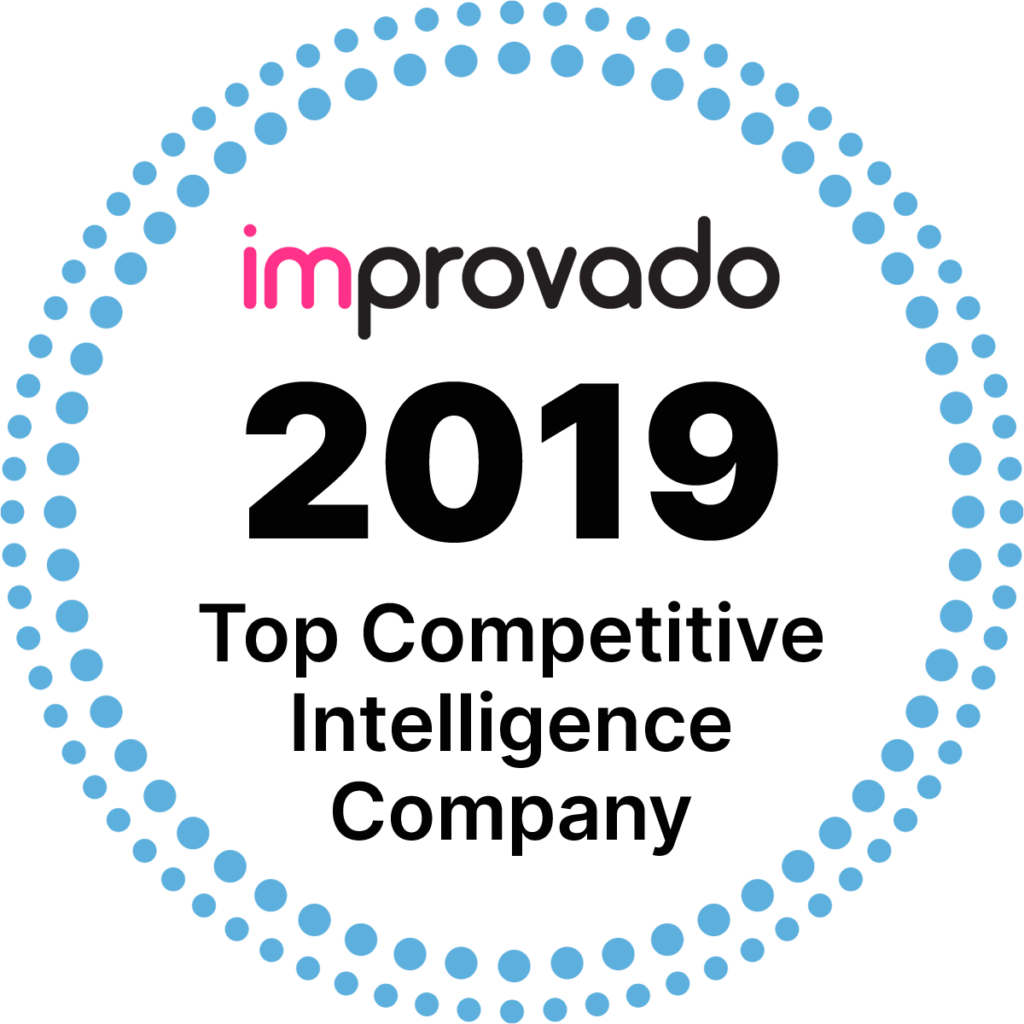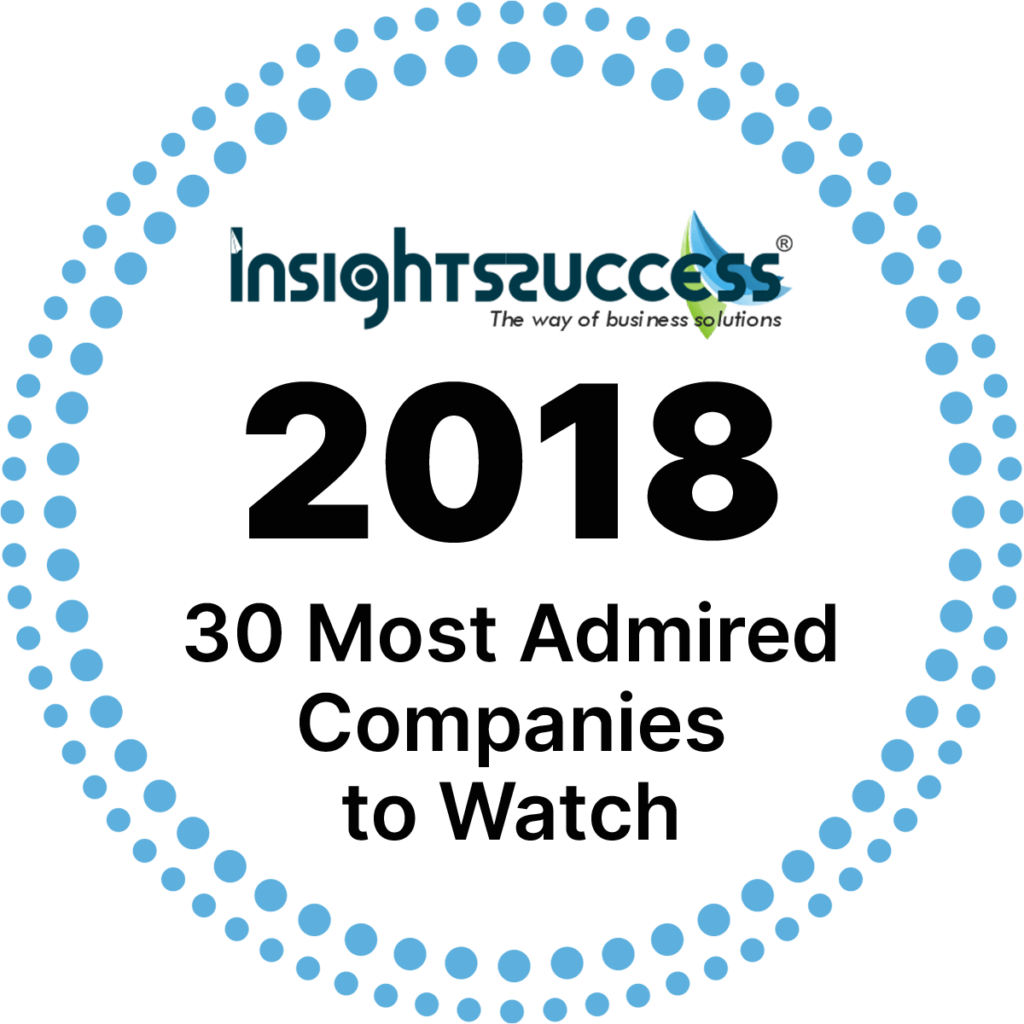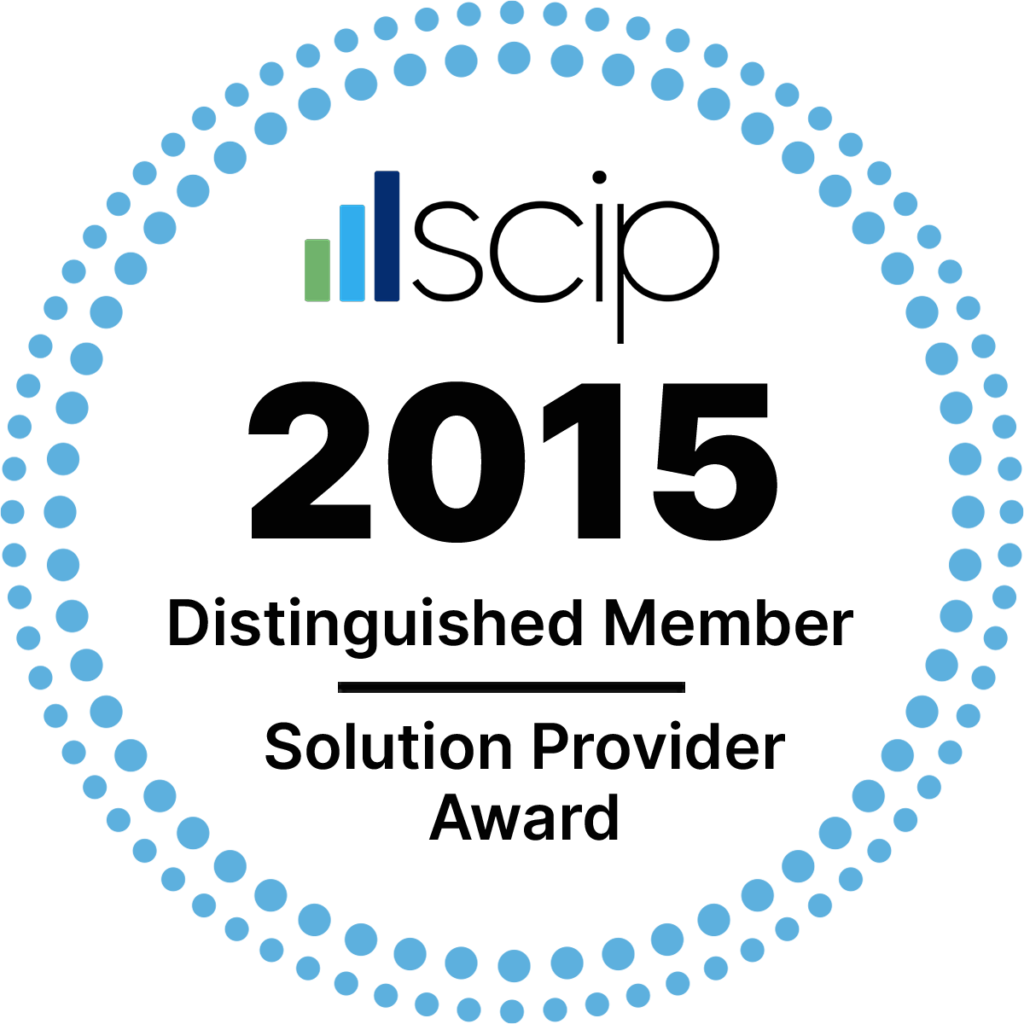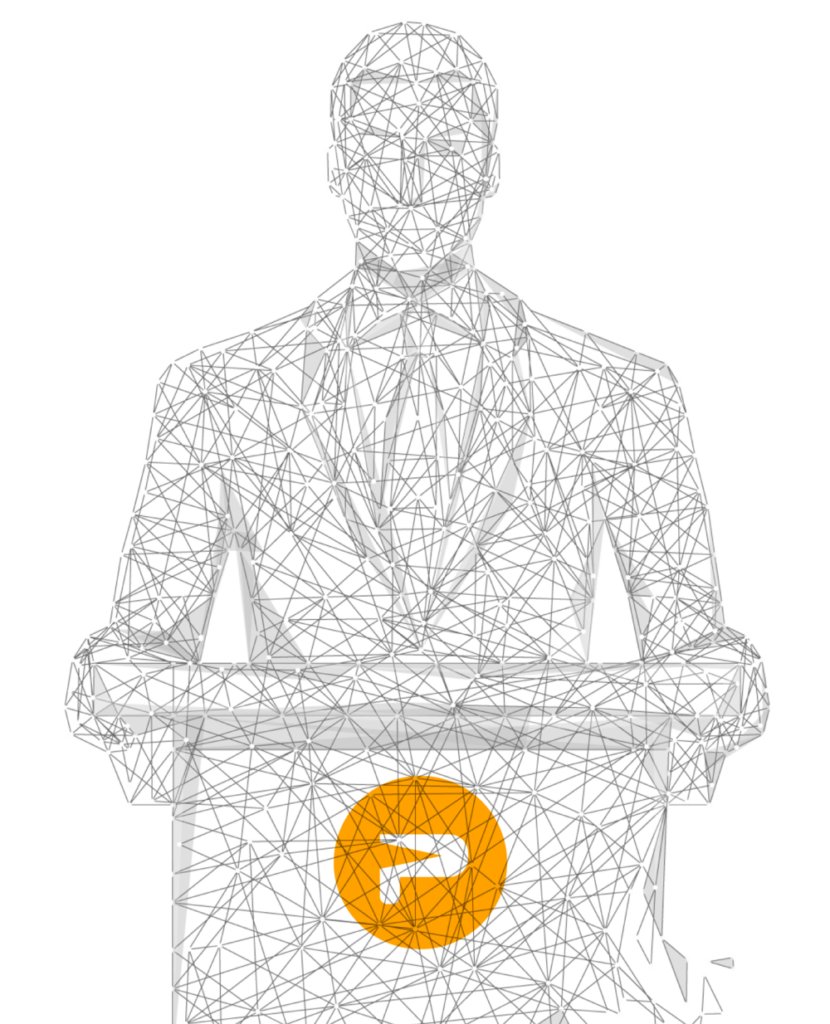
Episode 1: Introducing David Kalinowski
In this first episode, we introduce you to Proactive’s cofounder and the 29 years they’ve been moving the business intelligence industry forward.
Proactive Worldwide is celebrating 29 years as one of the largest business intelligence firms in the world. In the years since its president and co-founder, David Kalinowski, started Proactive with Gary Maag, things have changed a lot. Even so, David still believes success lies within the fundamentals.
How it All Began
David and Gary worked together at a smaller boutique consulting firm for about five years when they discussed the idea of striking out on their own. David was hesitant – he’d just had his first child. Gary was ready to take the leap. Not even an hour after that initial discussion, Gary returned home to a voicemail message from David saying, “Let’s do it!”
That was October of 1995. They worked out of their respective homes for the first three years and in 1998 hired their first employee. Fast-forward 29 years to a staff of 40 full-time team members in their organization, and they’re now one of the largest companies in the world at business intelligence.
How to Approach Business Intelligence
A growing, wide variety of individuals and companies dabble in the intelligence arena. Traditional market intelligence organizations or advertising agencies perform market research on behaviors, attitudes, and beliefs of customers. Now they’re dipping a toe in competitive intelligence (CI). Or, at times, management consulting firms might try to position what they do as intelligence gathering.
Displaced workers, especially in the wake of COVID, might feel there’s a low barrier to entry in the intelligence field. They have a phone and computer, but they don’t necessarily have the experience or the resources to deliver on some engagements, which can be quite complex and global at times.
So how does someone figure out who the best company is to hire?
Look for subject-matter expertise. Does the intelligence firm have individuals on staff who are part of a team that understands your industry and can combine that understanding with the knowledge of how to collect and analyze intelligence, and make strategic connections?
In addition to evaluating leadership, stability, and experience, look at the firm’s overall approach. Be sure it offers proven, solutions-oriented methodologies.
Consider project management agility. You want a firm that delivers projects on time, on target, and on budget, and can pivot as necessary while still a managing complex engagement. Some intelligence projects are brief, or ad hoc, but many involve multiple companies and varying scopes in different regions of the world. An experienced staff, strong networks and external relationships are often needed to pull together the multitude of fragments an engagement can require.
Like with everything, you get what you pay for. You can hire individuals who have a bit of experience, but if you want experts who live and breathe around being able to capture and analyze actionable market competitive and customer intelligence and to support decisions, then Proactive is one that specializes in that area.
Before Proactive Worldwide
David got into the intelligence field when it was just emerging. That was 1990, although the concept itself has been around forever. Imagine one caveman watching another make fire and thinking, “Hey, I’m going to copy that, and I’m going to make my fire better.” Observation and benchmarking.
David was studying political science and had every intention to pursue law school but fell in love with the idea of trying to understand competitive strategy and how some companies succeed and others don’t in particular markets. He started out doing secondary research, however, there wasn’t much published information at the time.
Those were the days of requesting annual reports from publicly held companies, waiting for two weeks for it to arrive in the mail, and determining the right executives to call. No LinkedIn or Google; you went to a library to and read microfilm.
David conducted his primary research by getting on the phone, going to conferences, talking to people and building a network using different types of conversational techniques to coax individuals into opening up.
He and Gary started working in the field about a month apart from each other, both doing research and analysis, then project management, and then ultimately consultative sales before deciding to start Proactive.
Today, nearly every Fortune 500 company has some type of an intelligence capability. Some may call it business insights. Regardless of how they define it, companies find it difficult to survive these days without understanding their market, customers and competition.
A Business Intelligence Story
When a pharmaceutical company hears a brand product rumor, it’s not uncommon to want more information. When will the brand go off patent? Which generic will emerge to compete against it, and when will it actually reach the marketplace?
A few years back, a Proactive client heard a rumor from a distributor that the day after a brand product was going off patent, the company would launch its generic. The client was hesitant about making a $40-50,000 investment to uncover and discover whether or not there was any merit to this rumor. The client felt it had a reliable source in this distributor and decided not to make the investment to learn more. The client decided to launch its own generic preemptively, right before its own branded product was going off patent.
As the client waited and watched for the competitor’s generic launch, it never quite emerged, and in fact eight months passed before that competitor launched its generic product. At the time, the client was making around $7 million a month on the product and had cannibalized approximately $56 million by not investing $40-50,000 to uncover the truth.
That’s the power of possessing competitive intelligence to inform a new strategy or a new distribution or business model, or to better understand a new, emerging non-traditional competitor coming into a space. Gaining insights might influence or even derail a plan, or change the mix of on offensive and defensive strategy. Receiving input in advance of things actually happening can provide likely future scenarios and reveal which scenario is more plausible based on certain indicators. That’s the real value of how intelligence can impact strategic thinking.
As Gary has often said, what we do is bridge the gap between guessing and knowing.
Find it Out vs. Figure it Out
One of the most dominant methodologies a skilled intelligence organization can apply comes from professor Paul Kinsinger, who used to teach at Thunderbird’s graduate school in the field of intelligence: Find it out versus figure it out.
There’s a lot of information on the market and customers, on suppliers, on regulatory bodies, on the economy, and certainly on competitors that you can find out. There’s other information, either not well-published or a little more sensitive that may form from building blocks, and you have to figure it out.
In that light, a lot of intelligence is about putting together pieces of a puzzle. Being able to tell the story and figure out the answer. If you wanted to figure out the P & L on a privately held company, you’re probably not going to get an income statement. But you can get a sense of its sales volume or operating income. You can begin to understand how the company might compare to the typical average net income in that industry and piece together some key components through assumptions and modeling to figure out the answer.
You can’t always achieve 100 percent accuracy. That would be better known as fact, and we’re not talking about fact. We’re talking about intelligence. We look at prospective versus precision, a concept learned many years ago from Kirk Tyson. Prospective always exists, not precision. When considering the challenges, think in context of finding a company’s revenues for a particular line of business. Does it really matter if I tell you it’s between $100-110 million or precisely $102.7 million? Does it change your decision? You could get a prospective number and still make a highly informed decision.
Business Intelligence Strategy Consulting
Proactive Worldwide consults in three core categories:
- Strategic Planning: Better understanding transformational business model
- Scenario Planning: Exploring best case/worst case futures and better preparing for which might come true and what to do about it.
- War Gaming: Pressure-testing existing strategy or creating new strategies to be able to better prepare by role playing the competition.
- Training: Proactive partners with SCIP, Strategic Consortium of Intelligence Professionals, providers of SCIP’s CI-100 certification class in North America.
Proactive also provides private training for corporate clients who want a more customized approach.
Proactive also has software partnerships to help provide an aggregator tool that allows for a central repository of intelligence.
Proactive’s focus on customer intelligence includes everything from customer experience or user experience, to voice of customer and digital strategy.
Business Intelligence Comes Down to…
David and Gary are Chicago crosstown baseball fans. When they attended the White Sox World Series together in 2005, a grand slam by Sox’s Paul Konerko crystalized for David a tenet of business intelligence.
In the far left-field stands, a big steel sign contained the word “Fundamentals.”
Seeing that sign while enjoying a once-in-a-lifetime moment with his friend and co-founder was a moving moment for David because he realized it as the source of their success: doing the fundamentals well matters.
High-quality outcomes, exceptional client service, and being responsive.
Following the fundamentals of respect and professionalism and some common sense is the key driver. As David says “If you and your client embrace fundamentals, you usually both come away as winners.”


